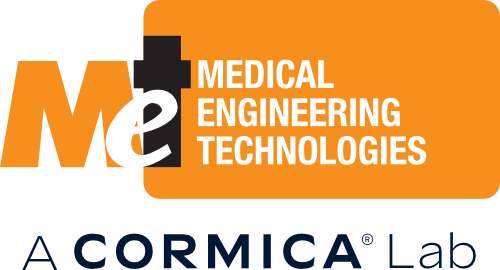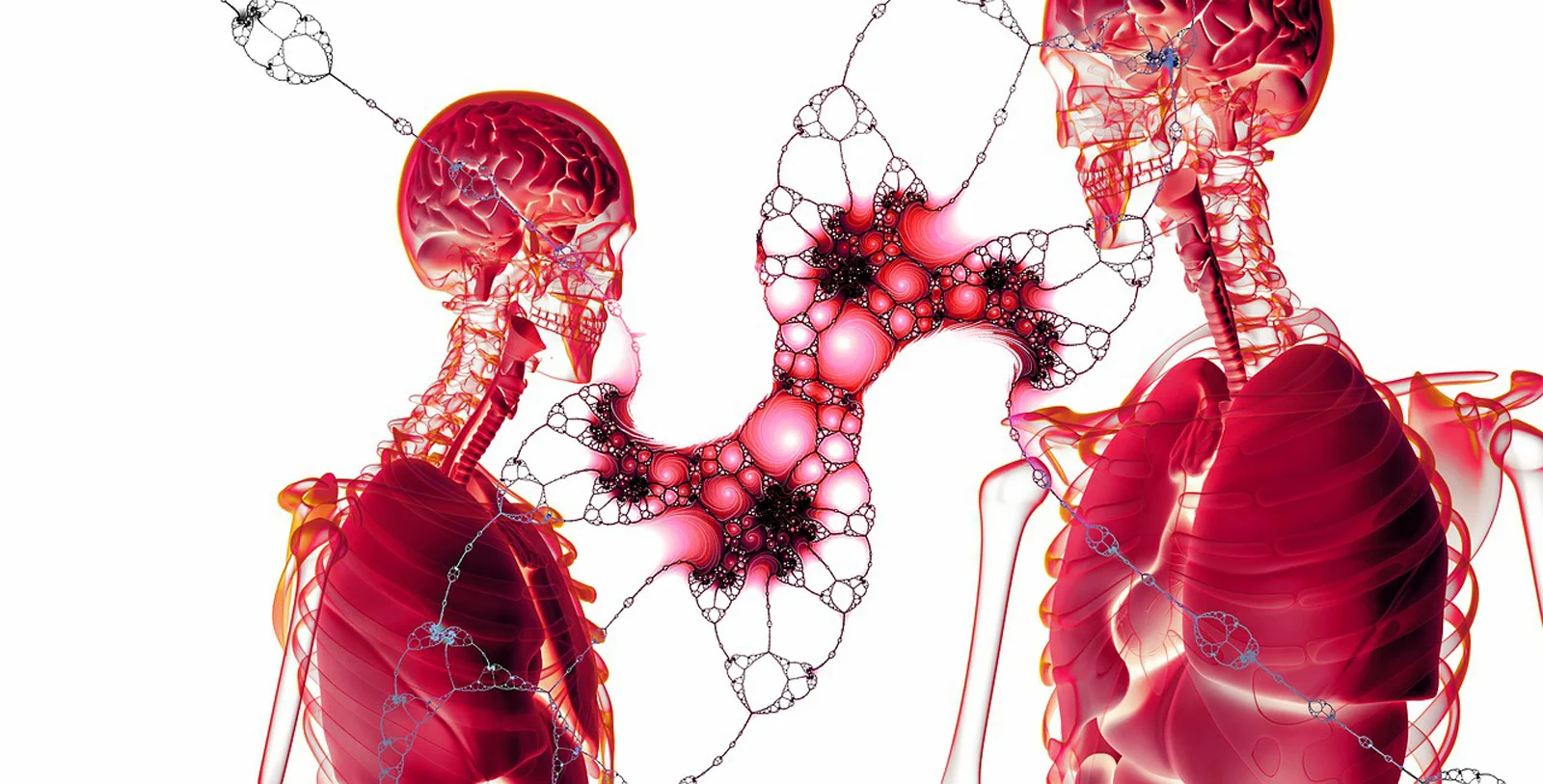Human factors (or usability) studies are intended to demonstrate the performance of a device without going to the expense of clinical trials, whilst remaining within an environment that simulates its real environment of use and by the variety of people are potential users. A well-designed study will identify any safety or application problems. It can include user interaction with devices, systems, software, apps, and instructions for use.
Medical engineering technologies can offer these studies for all types and classes of device. We have conducted studies in North and South America, Europe, and Asia. The service always follows MHRA and FDA Guidelines.
At MET, we offer the following Human Factors studies:
· Heuristic Review
· Formative Evaluation
· Summative Evaluation
These studies are tailored by MET to suit your specific product and requirements. We are able to perform end-to-end testing (testing the usability and safety of your product from start to finish) or test particular features/workflows. Whether you are currently in design development or require validation of your final product, we can perform the necessary studies tailored to your product.
Heuristic Review
A Heuristic review will allow us to analyse your product and identify any use issues or risks that could occur during the formative/summative evaluation. This initial review will help with planning ahead and identifying unbiased root-cause probes in the event of users experiencing similar difficulties. Your product will be evaluated against a set of usability guidance principles, and the individual assessments will be discussed and used to form one collaborative expert review. This will provide early feedback in your design process and help suggest corrective measures. A heuristic review can be conducted together with usability testing to further examine any potential risks or issues.
Formative Evaluation
The goal of a formative study is to identify the user needs and/or analyse the strengths and weaknesses of your product. If your product is complex and has multiple workflows, we can perform formative testing of the product in multiple parts.
MET can perform early-stage and/or late-stage testing of your product to provide you with the user feedback you require. Early-stage formative evaluations are early research activities which can be performed using product prototypes and tailored to provide specific user feedback for your design development. Late-stage formative evaluations are performed on the final design of your product, and are structured more towards a summative testing approach which focuses on end-to-end testing.
We are able to perform a range of methodologies for formative evaluations, including:
· Contextual Inquiry/Ethnographic Research
Through this study, we can identify user needs and outline the entire user journey with your product. Trained moderators and observers will run sessions whereby users will carry out a task/series of tasks with your product during a video recorded session. You can watch how your users handle your product and receive detailed feedback regarding their experience.
· Focus groups
MET can arrange focus groups to gather opinions from your product user groups. Detailed feedback from these discussions will provide consumer opinions which can be implemented into your design development to help improve your product. Focus groups are quick and resourceful, providing you with feedback from many users in just one session.
· Diary Studies
Relevant participants will be recruited and given a version of your product. These participants will self-report data regarding their use experiences either by physical pen and paper diaries or using a digital platform. We can tailor the format and time frame of this study according to your desired insights. This will provide useful user feedback across a variable time frame whereby participants will use your product throughout their everyday life, mimicking real use scenarios.
· Competitor Analysis
Users will evaluate your product against competitor products to assess its strengths and weaknesses. This will be useful as part of design exploration to gain an understanding of the best features of existing competitor products, or could be used to support marketing claims for your product.
· Comparative Analysis
Two or more concepts of your choice will be evaluated against one another to identify the preferable choice amongst users. This study will provide insight into user preferences which can benefit your product/user interface design development.
· Cognitive Walkthroughs
Users will be taken through a user interface design, task analysis or workflow to analyse a sequence of use steps. They will speak aloud their thought process throughout every operational step, and all comments will be recorded. This will provide you with detailed information regarding user experience, allowing you to inspect and/or alter any aspects which may be causing use difficulty.
Summative Evaluation
The goal of a summative study is to validate that the final design of your product and/or user interface meets the needs of the intended users, and that all foreseeable use-related risks have been mitigated as much as possible. This study will be conducted on the final production equivalent design of the product, whereby no more design updates are intended. MET will provide you with this final check to ensure all design controls and user interface requirements are effective in eliminating or reducing risk.
The summative evaluation will be conducted as a contextual inquiry, whereby participants will be given a use scenario to perform tasks with your product. All sessions will be video recorded. The participants will be evaluated based on their ability to successfully complete the tasks.
One thing to note is that software validation is a difficult issue to resolve, the more simulated use a product has the better. This particularly applies to intensive care monitors, ventilators, IVDs and administration equipment. Usability studies for software and hardware can be combined with risk analysis and iterative design in a usability engineering process.
When it comes to performing human factors testing, compliance is key to ensuring a cost-effective, timely solution. If you want to keep your product development on track, then MET can be your partner of choice to perform human factors testing with.

